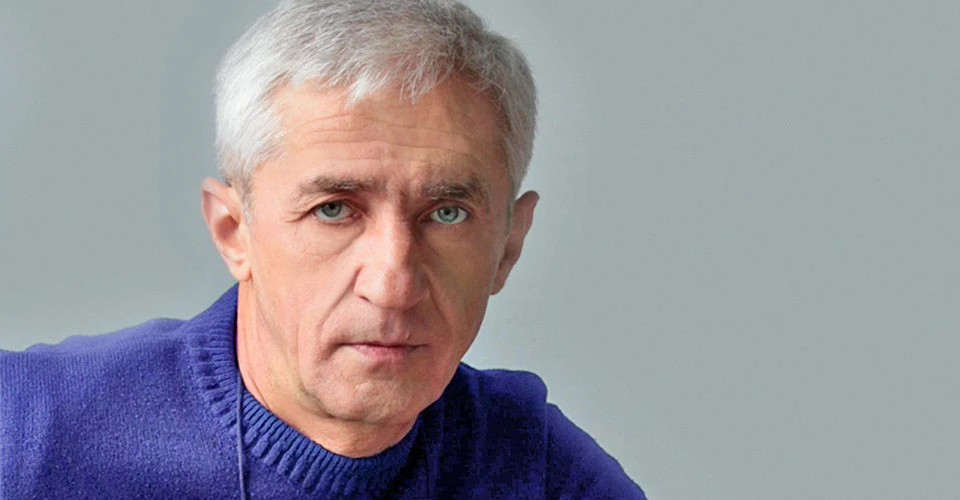
Orban envies Putin
Populism, especially in the autocratic style, is contagious
It should be treated with radical methods, not by patting the sore spot in the hope that it will go away. "Successful" autocrats are also the envy of those who would like to achieve the same result, but because of their secondary nature, epigonism will never achieve it.
Recently, Hungarian Prime Minister Viktor Orban made a speech in the style of Putin's Munich speech in 2007. He was speaking to the participants of the traditional Christmas dinner of the Szell Kalman Foundation, but if the former Hungarian leader, a prominent liberal and reformer of the late 19th and early 20th centuries, had heard what he said, he would probably have turned over in his grave.
The head of the Fidesz party, who is widely considered a friend of Putin, decided to rebel against "neoliberalism" as a model that, in his opinion, allowed China to strengthen. Orban said that "neoliberalism", as well as the US, where it is practiced by politicians, has undergone a significant crisis, giving rise to migration, Brexit, the victory of Donald Trump, etc. All this vinaigrette of unrelated phenomena, which somehow fit into the logical chain of Orban's theory, caused, in his opinion, the Russian-Ukrainian war. However, the "first among Hungarians" calls it "cold" for some reason, apparently not risking to use the "special military operation" phrasing, usual for Putin. "The outbreak of the Ukrainian-Russian war in 2022 was the last straw, which made it clear that the current Western centrism cannot hold its ground, as the West's competitors have become stronger, not least because of trade and economic liberalization," Orban believes.
"Hungary must decide with whom to align in a situation that promises only crises and conflicts. Orban offers it a simple recipe: confrontation... with the West"
Of course, Hungary must decide with whom to align a situation that promises only crises and conflicts. Orban offers it a simple recipe: confrontation... with the West. In his imagination, the future world will become a network of hierarchical blocs of countries, and the smartest thing Budapest can do is to avoid the company of the US.
And of the EU. Because Orban's anti-American rhetoric is motivated not so much by Washington's policy as such, as by jealousy of his eternal opponent George Soros. "Sorosomania" of the current Hungarian Prime Minister sometimes looks like paranoia. And, accordingly, it is relayed to America, where the famous philanthropist and promoter of a free society lives and has made his fortune.
Orban, following in the steps of the early Putin, offers Hungary a strategy of "country-specific logic of globalization." How similar it is to the efforts of the KGB lieutenant colonel, who unexpectedly seized power in Russia, to justify and introduce the doctrine of "sovereign democracy" in Russia, taking into account the "specifics of the Russian mentality" and other nonsense, on which the ideology of the "Russian world" was born. It was "sovereign democracy" that allowed Putin to take advantage of the scenery of real democracy to build autocracy, and later dictatorship, by speculating on them.
"Orban's tactics are clear. As a populist, he speculates on the fact that Hungary, supposedly, already has had a negative experience of bloc confrontation. But for some reason, he does not want to remember what the consequences of being in the "socialist camp" were for his homeland, the heir and resuscitator of which Orban's idol Putin now seeks to become"
To build this, it was necessary to properly isolate the country from all sorts of Soros' and Western advisers. Putin succeeded in this, Orban has so far achieved only Brussels sanctions. Hungary lost enormous money, but by juggling its right to block European sanctions against Russia, it was able to restore some of the funding. Will it continue in the future? I do not think so, because the patience of EU officials has a limit, and Orban's appetite to revise the foundations of democracy at least in his own country is insatiable.
Orban's tactics are clear. As a populist, he speculates on the fact that Hungary, supposedly, already had a negative experience of bloc confrontation. But for some reason, he does not want to remember what the consequences of being in the "socialist camp" were for his homeland, the heir and resuscitator of which Orban's idol Putin now seeks to become. The Hungarian prime minister does not want to remember either 1956, or even earlier national history, in particular the First World War, which ended for Budapest with the humiliating Treaty of Trianon, or the puppet fascist regime of Admiral Miklos Horthy during the rule of Nazism in Europe.
It is not a coincidence that Orban's opponents constantly ask him and Hungarians how it could have happened that for only one century Budapest managed to choose the "wrong" allies. The answer is now: nem tudom.
About the author. Ihor Hulyk is a journalist, the editor-in-chief of the Espreso.West website.
Espreso TV does not always share the opinions expressed by the blog authors.
- News













































